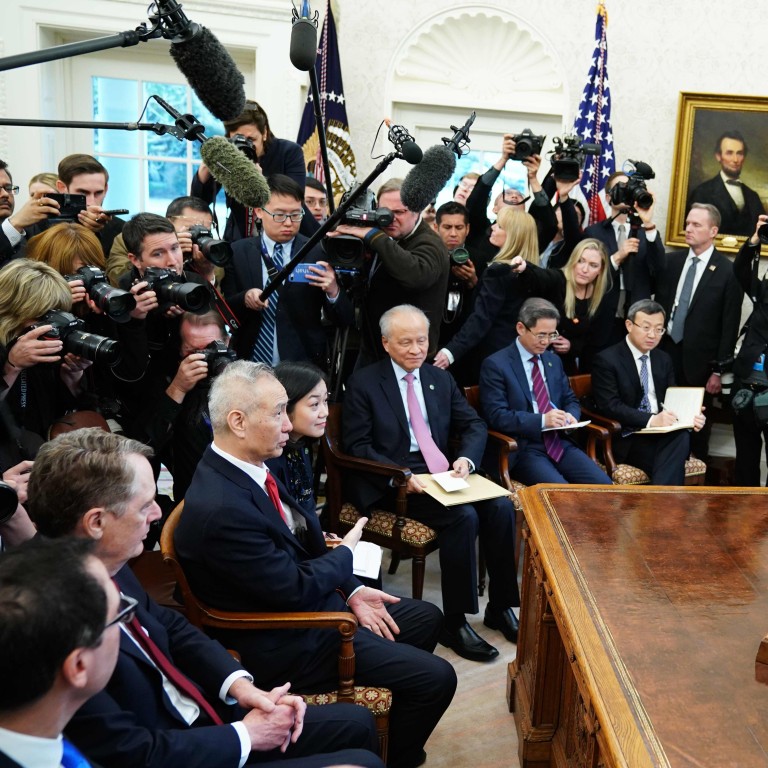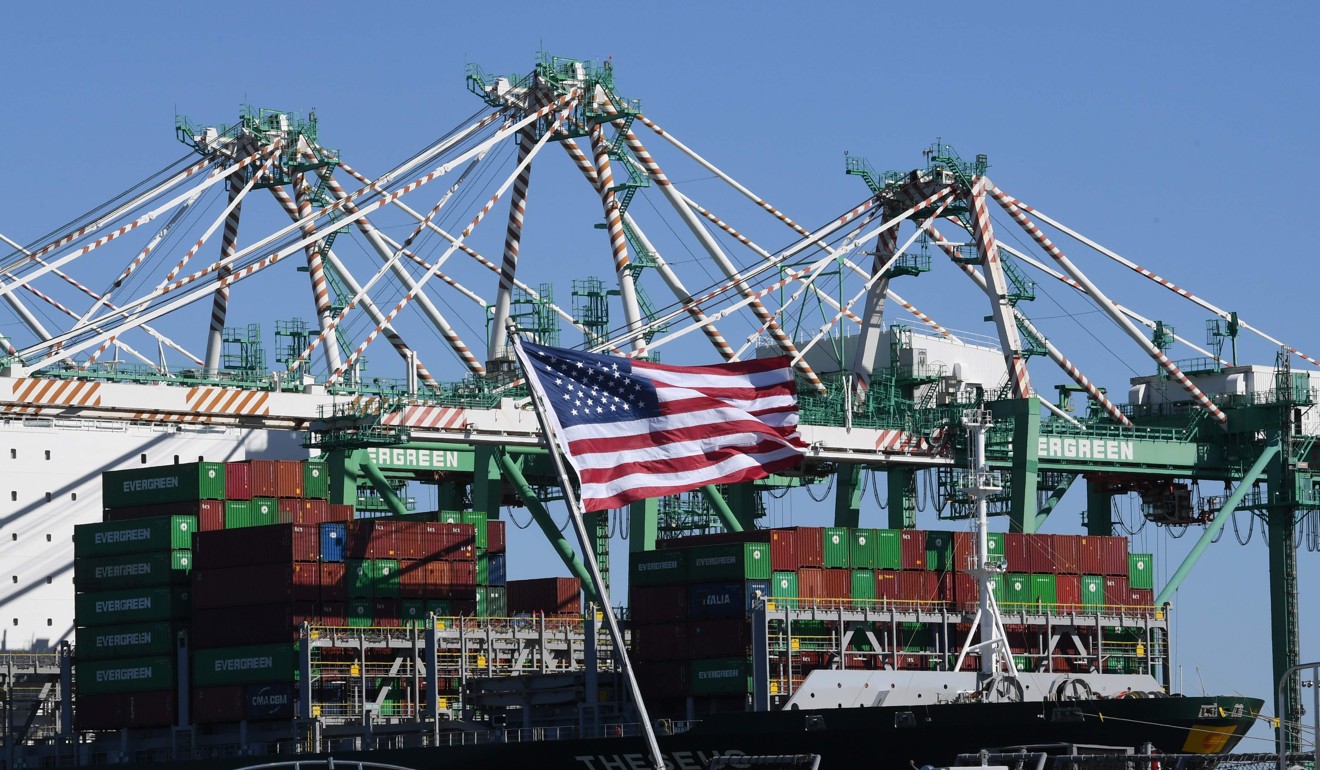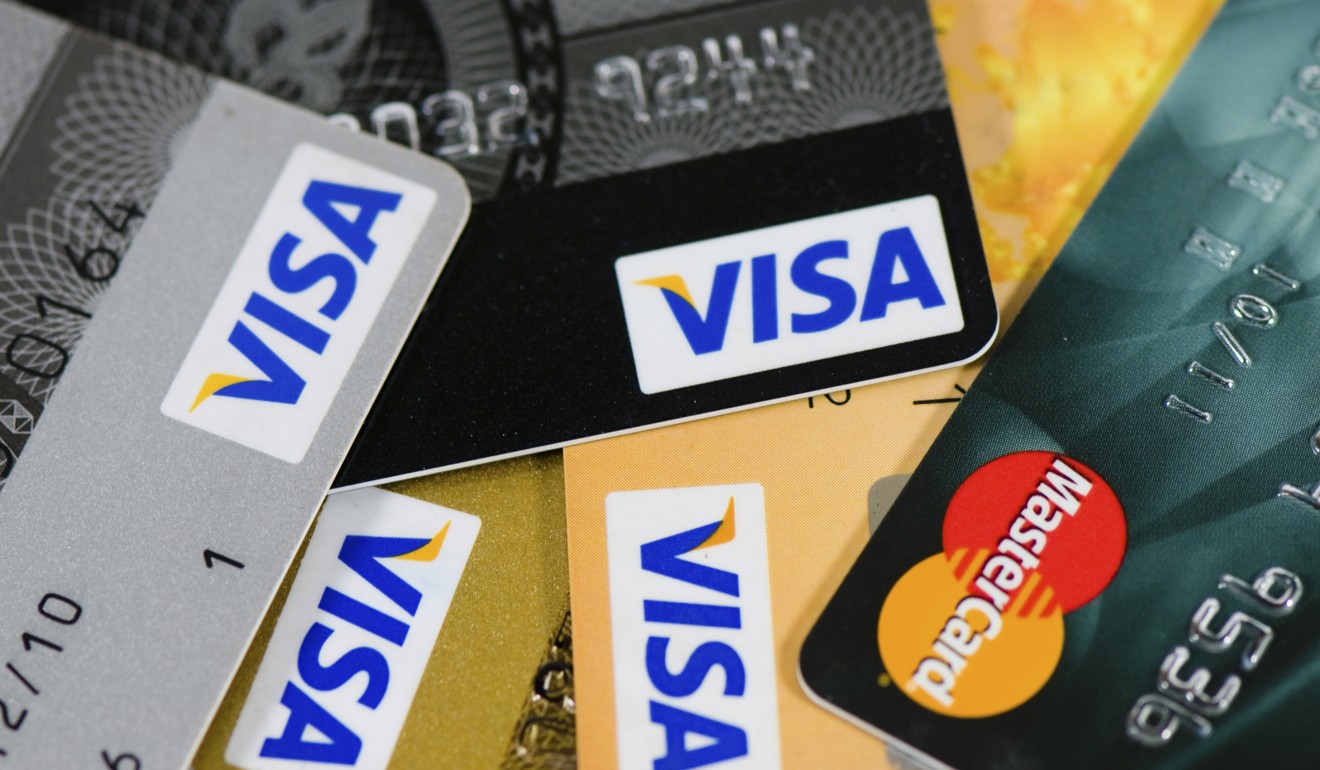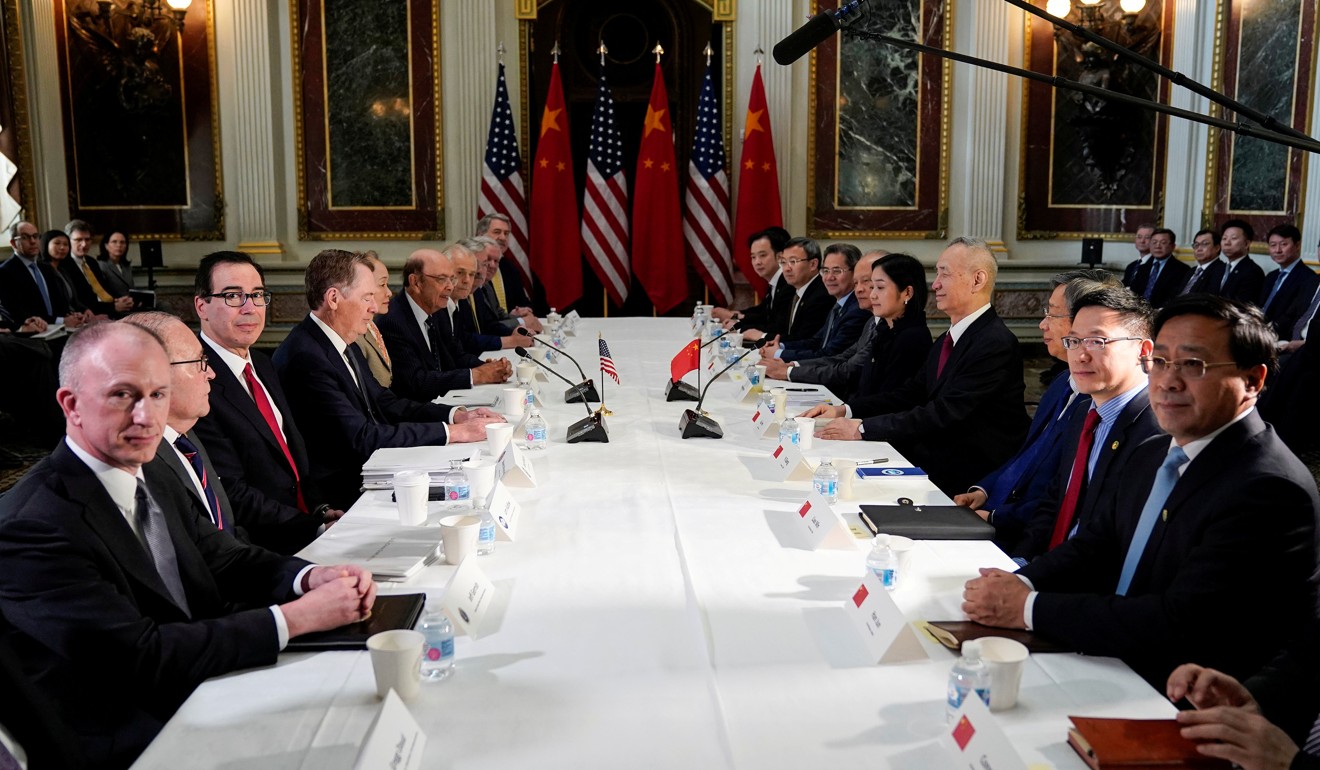
US and Chinese officials say a trade war deal is ‘extremely’ likely
- China would sharply boost purchases of US agricultural products and open its electronic payment market to Visa and MasterCard
- Vice-Premier Liu He and US President Donald Trump meet, and Chinese delegation extends Washington visit to continue talks
Washington and Beijing are likely to strike a deal that will end the trade war that has affected more than US$360 billion worth of two-way trade.
US President Donald Trump and China’s Vice-Premier Liu He, who is leading a delegation from Beijing in Washington this week, both expressed optimism about an end to the stand-off, while officials involved in the talks confirmed that Liu’s delegation would remain in the US for two additional days to address all outstanding demands.
“I would say it’s probably more likely that a deal does happen,” Trump told reporters on Friday, during an Oval Office meeting with Liu and other members of both the US and Chinese trade delegations.
“From China’s perspective, firstly, we believe that it is extremely likely that [a deal] will happen,” said Liu, who was seated alongside US Trade Representative (USTR) Robert Lighthizer, Treasury Secretary Steven Mnuchin and Commerce Secretary Wilbur Ross.

A final agreement to end the trade war – in which Washington has levied taxes on US$250 billion of Chinese goods, prompting Beijing to retaliate with tariffs on US$110 billion of US imports – would require a face-to-face discussion with China’s President Xi Jinping, Trump said, adding that such a meeting would “probably” take place at Trump’s Mar-a-Lago resort in Florida “fairly soon in the month of March”.
Negotiating teams from both countries have worked around the clock to frame a deal to extend the trade war truce past the March 1 deadline set during the G20 meeting in Buenos Aires, Argentina, in December, with details of China’s offers in the negotiations beginning to leak out before Liu’s face-to-face session with Trump.
Among them, China is expected to sharply raise its purchases of US agricultural products and open its electronic payment market to Visa and MasterCard as part of commitments aimed at extending the truce, a source familiar with the talks said on Friday.
The US has threatened to raise its punitive tariffs on US$200 billion worth of Chinese products from 10 to 25 per cent starting on March 1 if no significant deal is brokered by then.
But speaking at a White House briefing with Liu, Trump said that the deadline may move.
“If I see progress being made, substantial progress being made, it would not be inappropriate to extend that deadline,” he said.
Observers have noted signs of progress in recent days but questions still hovered over structural reforms, such as policies that exclude foreign firms from China’s domestic markets, and an enforcement mechanism for ensuring that Beijing delivers on its commitments to those reforms.
China’s top trade official Liu He to meet Donald Trump on Friday
“We welcome, of course, the encouraging messaging on the negotiations,” said the US Chamber of Commerce’s Myron Brilliant, who is in close contact with US negotiators – including Lighthizer – and recently met with senior Chinese officials in Beijing.
“But from our perspective there are gaps that do remain in these talks, particularly around structural issues such as forced technology transfer, digital trade and data flows,” said Brilliant, who is the lobbying group’s head of international affairs and executive vice-president.

Speaking after Trump and Liu in the White House on Friday, Lighthizer acknowledged those concerns.
“We made progress on some very important structural issues, and some progress on purchases,” he said, adding: “We have a few very, very big hurdles that we still have to face.”
The extension of the talks was a positive sign, said Wendy Cutler, vice-president of Asia Society Policy Institute and a former negotiator in the office of the USTR.
“The fact that both sides are interested in making a deal bodes well for the negotiation,” she said in an interview with the South China Morning Post. “The stakes are high, and a lack of a deal for both countries will have severe economic consequences.”
Trade deal will remain elusive if China feels threatened by US demands, analysts say
China had been “more forthcoming” on its future purchases of US products and how it could lift non-tariff barriers, she said, but added that talks on technology transfer and other intellectual property issues had been more difficult and that more time would be needed to address those long-standing disputes.
Addressing outstanding issues like verification was a matter of urgency, Brilliant said, expressing concern that Beijing was seeking to postpone the question of enforcement until after a deal had been struck.
“We heard from the Chinese [officials] in Beijing that part of this could be done through further dialogue,” he said. “That’s not what we’re looking for. We’re looking for more certainty in the agreement itself.”

Cutler said that a successful enforcement mechanism would be “an extremely important component of any final deal for the administration” and would distinguish the deal from those reached by previous administrations.
Meanwhile, there was a lot of pressure on the US administration to demonstrate this deal would be “more far-reaching and enforceable”, she said.
Recent negotiations have included attempts to agree upon multiple memorandums of understanding (MOUs) focused on structural issues, including forced technology transfers, cybertheft, market access and currency management.
Mnuchin said on Friday that the US team had documented several MOUs that were “binding” and “enforceable” and would cover “all sorts of industries”. An agreement on currency manipulation had already been reached, he said.
Trump on charm offensive calls Liu one of world’s ‘most respected men’
But the use of MOUs did not appear to sit well with Trump, who publicly jostled with his cabinet about why “short term” agreements were being used that “don’t mean anything”.
In response, Lighthizer stepped in to say that an MOU was a contract and “the way trade agreements are generally used”, he said. “It’s a legal term. It’s a contract”.
“I disagree,” Trump said, prompting a laugh from Liu and a stern look from Lighthizer, who shifted in his chair and adjusted his tie as Trump explained why MOUs did not mean anything to him.
Raising his voice, Lighthizer capitulated: “We’ll never use the term any more. We’ll have the same document, it’s going to be called a trade agreement.”
Liu He handed more clout for Washington talks in bid to end trade war
Access to China’s electronic payments market for Visa and MasterCard was one of 10 points agreed to between the two sides following the first Trump-Xi summit in April 2017 at Mar-a-Lago.
The US filed a case to the World Trade Organisation in 2010 over China’s discriminatory treatment of US payment card companies. The WTO ruled against China in 2012, but Beijing has yet to take action.
China-US trade deal coming soon, Huawei’s Meng to be released in weeks, Communist Party insider predicts
Trump also said on Friday that the US “may or may not include” the subject of Chinese telecommunications giants Huawei Technologies and ZTE in the trade deal.
Though he said that dropping the criminal charges pending against Huawei was not currently under consideration, Trump said his negotiating team would be “discussing all of that during the course of the next couple of weeks and we’ll be talking to the US attorneys, we’ll be talking to the attorney general”.
“But we’ll be making that decision.”
A growing number of governments around the world are either enacting or considering bans on Huawei providing their 5G technology, because of national security concerns. But Trump said he did not want to “artificially block people out based on excuses or based on security”.
“I want to have competition with China – fair competition,” he said. “I don't want to block out anybody if we can help it.”


